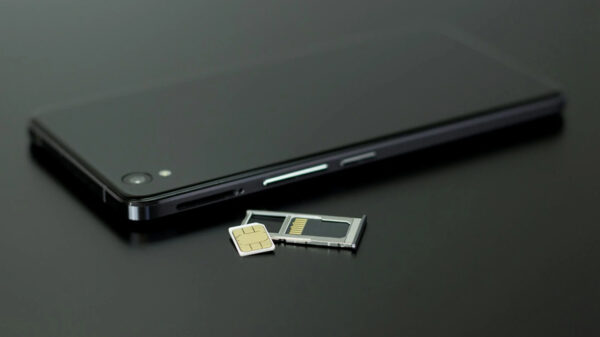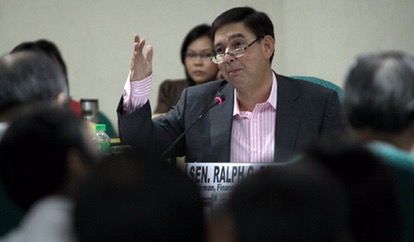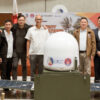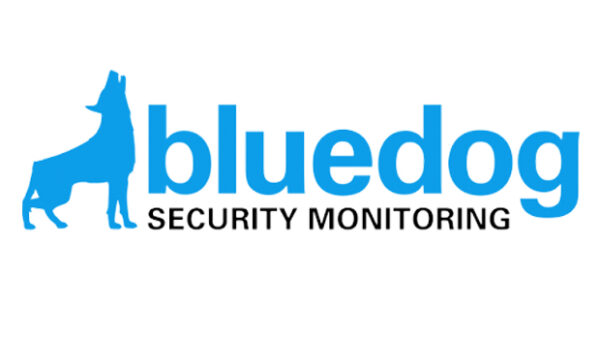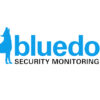One of the legislative measures signed into law recently by President Aquino will boost the campaign of President-elect Rodrigo Duterte against cybercrime, according to Senate President Pro-Tempore Ralph Recto.
“I commend President Aquino for his parting gift to the President-elect: two significant laws that will help the incoming administration get rid of smugglers, balikbayan box extortionists and cyber-criminals,” Recto said, referring to Republic Act No. 10863 or the Customs Modernization and Tariff Act (CMTA) and Republic Act No. 10844 which creates the Department of Information and Communications Technology (DICT).
Recto is the principal sponsor of Senate Bill 2686 or the DICT Act of 2015, which President Aquino signed into law last May 23 as Republic Act No. 10844.
Recto said the DICT law mandates the creation of a “Cybercrime Investigation and Coordination Center.”
The DICT will also be tasked to formulate the “National Cybersecurity Plan” and form the “National Computer Emergency Response Team,” which, Recto said, will serve as “our IT Special Action Forces or cyber-commandos.”
“This should be our priority, the formulation of a National Cybersecurity Plan. Hacking is now a serious security threat, not only in the Philippines but also in the global arena,” Recto said.
“What we have is a Balkanized system. Personnel investigating cybercrimes are so few and, worse, dispersed among government offices despite the increasing volume of transactions in all kinds of commerce being done online,” Recto said.
He cited the case of the Philippine National Police-Anti-Cybercrime Group (PNP-ACG), which has a personnel complement of 110, “and this in a country where 70 million have social media presence.”
The National Bureau of Investigation (NBI), he said, is another “frontline office” which needs more “ICT investigators and equipment to flag cybercrimes and tag those behind them.”
Saying that the DICT should be part of the national security plan, Recto said “we now live in an era when terrorists don’t have to blast bank doors to do mayhem; but simply unleash a virus that could shred or suck out financial data.
“An enemy with a missile is as dangerous as one with malware,” he said. “Countries we are not so friendly with may target us and criminals will always want to hack their way to our financial system,” Recto said. He said the hack-attack on Bangladesh Bank shows that the threat is real and counter-measures against cybercrimes urgent.
“The poor man’s ATM is vulnerable to hacking too. There are identity thefts victimizing ordinary people,” Recto said, citing the 2014-2015 Cybercrime Report prepared by the Department of Justice (DOJ), which ranked the Philippines 39th among countries with Internet threat activities.
The PNP-ACG recorded an increase of 113% in cybercrime statistics from 288 incidents in 2013 to 614 incidents in 2014.
According to the senator, the Bangko Sentral ng Pilipinas (BSP) reported 2,872 cases of ATM fraud during that period.

